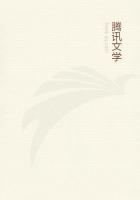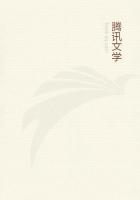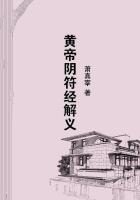Toward the middle of the afternoon we reached a part of the coast locally famous or infamous, for the two were one; a stretch of some miles where the mountains made no apology for falling abruptly into the sea. Sheer for several hundred feet, the shore is here unscalable.
Nor did it use to be possible to go round by land, for the cliffs are merely the ends of mountain-chains, themselves utterly wild and tractless. A narrow strip of sand was the sole link between Etchiu on the one hand and Echigo on the other. The natives call the place Oya shiradzu, ko shiradzu, that is, a spot where the father no longer knows the child, nor the child the father; so obliterating to sense of all beside is the personal danger. Refuge there is none of any kind. To have been caught here in a storm on the ****** tide, must indeed have been to look death in the face.
Between the devil of a precipice and the deep sea, he who ventured on the passage must have hurried anxiously along the thread of sand, hoping to reach the last bend in time. As he rounds the ill-omened corner he sees he is too late; already the surf is breaking against the cliff. He turns back only to find retreat barred behind by rollers that have crept in since he passed. His very footprints have all been washed away. Caged! Like the walls of a deep-down dungeon the perpendicular cliff towers at his side, and in the pit they rim, he and the angry ocean are left alone together. Then the sea begins to play with him, creeping catlike up. Her huge paws, the breakers, buffet his face. The water is already about his feet, as he backs desperately up against the rock. And each wave comes crushing in with a cruel growl to strike--short this time. But the next breaks closer, and the next closer still. He climbs a boulder. The spray blinds him. He hears a deafening roar; feels a shock that hurls him into space, and he knows no more.
Now the place is fearful only to fancy. For a road has been built, belting the cliffs hundreds of feet above the tide. It is a part of what is known as the new road, a name it is likely long to keep.
Its sides are in places so steep that it fails of its footing and is constantly slipping off into the sea. Such sad missteps are the occasion for bands of convicts to appear on the scene under the marshaling of a police officer and be set to work to repair the slide by digging a little deeper into the mountain-side. The convicts wear clothes of a light brick-color which at a distance looks a little like couleur de rose, while the police are dressed in sombre blue. It would seem somewhat of a satire on the facts!
The new road is not without its sensation to such as dislike looking down. Fortunately, the jinrikisha men have not the instinct of packmules to be persistently trifling with its outer edge.
In addition to the void at the side, another showed every now and then in front, where a dip and a turn completely hid the road beyond.
The veritable end of the world seemed to be there just ahead, close against the vacancy of space. A couple of rods more and we must step off--indeed the end of the world for us if we had.
When the road came to face the Oya shiradzu, ko shiradzu, it attacked the rise by first running away from it up a stream into the mountains;a bit of the wisdom of the serpent that enabled it to gain much height on the bend back. Trees vaulted the way tapestrying it with their leaves, between which one caught peeps at the sea, a shimmer of blue through a shimmer of green. The path was strung with pedlars and pilgrims; the latter of both ***es and all ages, under mushroom hats with their skirts neatly tucked in at the waist, showing their leggings; the former doing fulcrum duty to a couple of baskets swung on a pole over their shoulders. The pilgrims were on their way back from Zenkoji. Some of them would have tramped over two hundred miles on foot before they reached home again. A rich harvest they brought back, religion, travel, and exercise all in one, enough to keep them happy long. I know of nothing which would more persuade me to be a Buddhist than these same delightful pilgrimages. Fresh air, fresh scenes on the road, and fresh faith at the end of it. No desert caravan of penance to these Meccas, but a summer's stroll under a summer's sky. An end that sanctifies the means and a means that no less justifies its end.
While we were still in the way with these pious folk we touched our midday halt, a wayside teahouse notched in a corner of the road commanding a panoramic view over the sea. The place was kept by a deaf old lady and her tailless cat. The old lady's peculiarity was personal; the cat's was not. No self-respecting cat in this part of Japan could possibly wear a tail. The northern branch of the family has long since discarded that really useless feline appendage. A dog in like circumstance would be sadly straitened in the expression of his emotions, but a cat is every whit a cat without a continuation.















